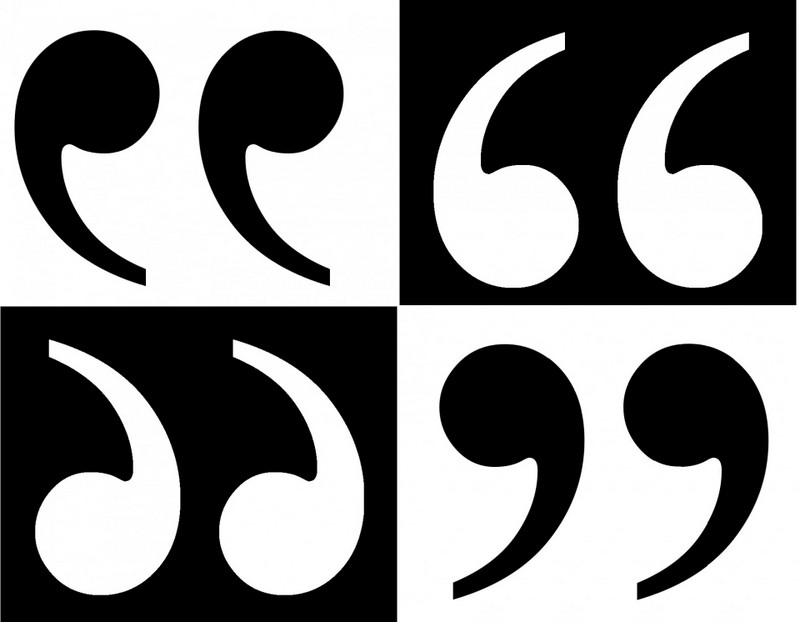In October, I wrote about how much teachers need time for professional conversations with colleagues. It’s been on my mind a lot this year because I keep hearing teachers talking about how their professional development time is governed by “other” people’s agendas. I don’t think that teachers resent spending time working on topics that are determined by others—I just think they resent the fact that there is no time left over to discuss their own problems of practice with colleagues during the workday. I think it should be about balance.
This topic has also been on my mind a lot as I finish my dissertation. In a simplified version, my research examines outcomes for teachers who get together to talk about stuff. (In a more scholarly version, my research is about a Community of Practice including early career special education teachers who talked about team leadership in special education).
I loved this research project because it gave teachers (including me!) time to be together having professional conversations about things we needed to talk about. There was no outside agenda, deliverables, or exit ticket. We worked on the things we needed to work on.
Today, I’m proud to share a little piece of my dissertation research that really illustrates this point—a poem. As part of my data representation, I arranged quotes from participants into poems (a technique called poetic transcription). This poem shares how teachers felt about their time together in the Team Leadership Community of Practice. I think this poem speaks loudly about the benefits of giving teachers more unstructured time to collaborate with colleagues. I hope that the “others” are listening.
The CoP: Team Leadership Together
We all have the same foundation:
Open-mindedness, no judgments, trust,
This is the real deal, a safe haven,
Teachers Anonymous.
Teaching is emotional—It’s an emotional job.
If you don’t meet those needs, that’s why you lose people.
There’s no time to talk about this stuff on our campuses,
There’s no sped time, we don’t have time for that,
You don’t give us any time.
Having people in the same room with similar struggles,
Knowing that I’m not the only one.
Wheels turning, like a feeling that I’m moving forward,
Working through the problem, solving it step by step.
I want to bounce ideas off, I want to learn from each other.
Accept the criticism or feedback and move on with it,
Sometimes the truth kind of sucks for a minute,
Just let me talk it out.
We contribute to each other’s success,
Better perspective and confidence,
It’s about what we really need.
Valuable time, I feel focused,
Everyone has different expertise,
Imaginative about possible solutions,
Seeing how people are succeeding,
Being able to laugh about it sometimes,
More connected, just being here
So important to our sanity and growth.
(Note: The abbreviation “sped” refers to “special education.”)










Comments 3
Love it! I did not realize that poetic transcription was a thing, now. Armed with that knowledge, maybe I would consider getting a PhD! That is so cool. And the quotations remind me of so many conversations I’ve had with colleagues, and of some of the blog entries I have written here. I guess it is hard to pull “data” to show “growth” from these communities of practice, and when that step is imposed… it kind of squashes it. Thanks for this piece!
Yes, agreed. The systems of accountability in education today are squashing the valuable conversations of practice and de-professionalizing the profession with requirements that we “prove” how we spend every second of the day. If we fill every minute of a teacher’s day with top-down agendas, we get just that–a few minutes in the day. However, if we give teachers some time for professional conversations about topics that they need to discuss, we multiply the time because the conversation will continue in their minds through reflection for long after the professional development has ended. We are stifling teacher reflection through mandated agendas instead of freeing teachers to do the work they need to do. Part of the solution is reforming the accountability reforms that are choking everything in education.
I loved your poem!!!! “Teachers anonymous!!”